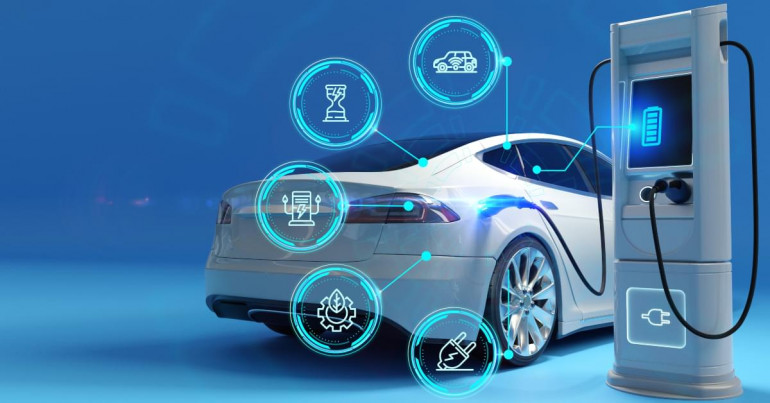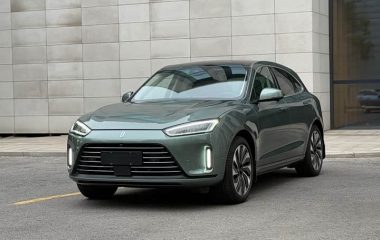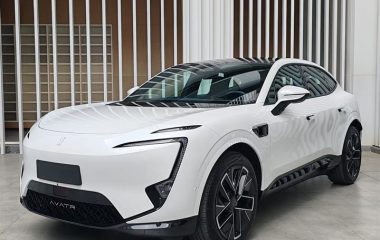Africa, Electric Vehicles and the Global Energy Shift: Why We Must Not Be Left Behind

The world today is undergoing a sustainable energy shift. We are leaving behind the carbon and fossil fuel era and moving into an era of clean, renewable, and sustainable energy. This transformation is not just about electricity—it is about reshaping entire industries, with transportation at the center of this change.
Countries like China have taken the lead in electrification, particularly in the automobile sector. The Chinese automobile industry has been rapidly transformed, with Chinese companies now at the forefront of electric mobility. This shift shows us what is possible when a nation commits fully to innovation and new energy systems.
For Africa, this global revolution presents both an opportunity and a risk. The opportunity lies in adopting these new technologies early, which could bring enormous benefits to our people and economies. The risk, however, is that if Africa remains passive, we will once again be left behind—only enjoying the crumbs of another industrial revolution, rather than being active participants in shaping it.
At Hybrid Motors Africa, we see this as a call to intensify our efforts within the African region. This transition is not optional—it is necessary. By embracing electric mobility and sustainable energy, Africa can reduce its dependence on costly fossil fuels while unlocking new opportunities for development.
The economic case is clear:
Switching to electric vehicles can reduce fuel-related costs by up to 78%, making transportation significantly more affordable.
Maintenance costs are reduced by about 45%, since EVs have fewer moving parts and no traditional engines.
For individuals, this means more disposable income to spend on education, housing, and other essential needs.
For businesses, especially those managing fleets of vehicles, it means improved profit margins and lower operational costs.
Beyond cost savings, adopting electric mobility contributes to building Africa’s industrial capacity. As we invest in local manufacturing, infrastructure, communication networks, and supporting industries, we will not only meet domestic needs but also strengthen Africa’s competitiveness on the global stage.
The truth is simple: whether we are ready or not, the world is moving forward. The global economy is increasingly interconnected, and Africa cannot afford to remain on the sidelines. Business as usual is no longer an option.
We must educate our citizens, sensitize our communities, and invest boldly in this transition. If we act with urgency, Africa can seize this moment to build a sustainable future and stand as an equal player in the global economy.





